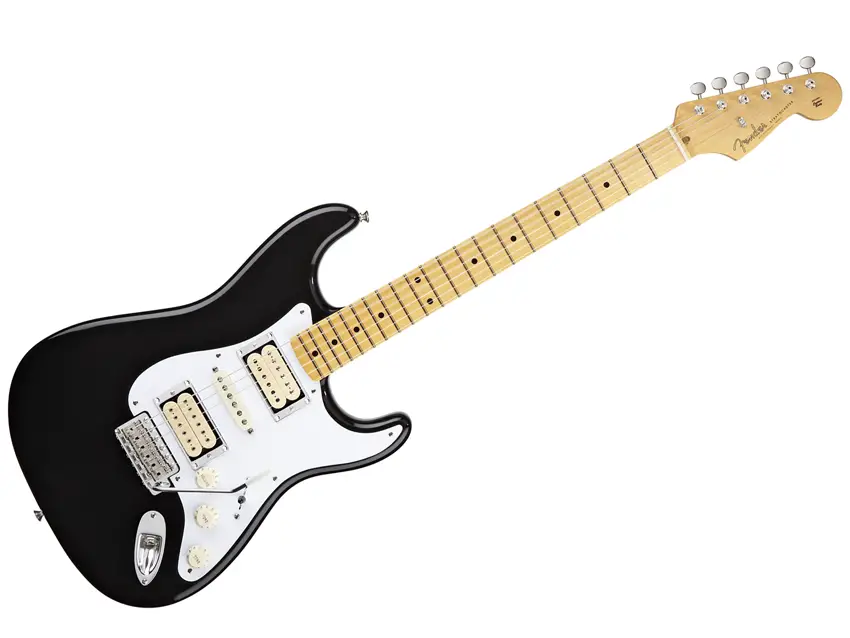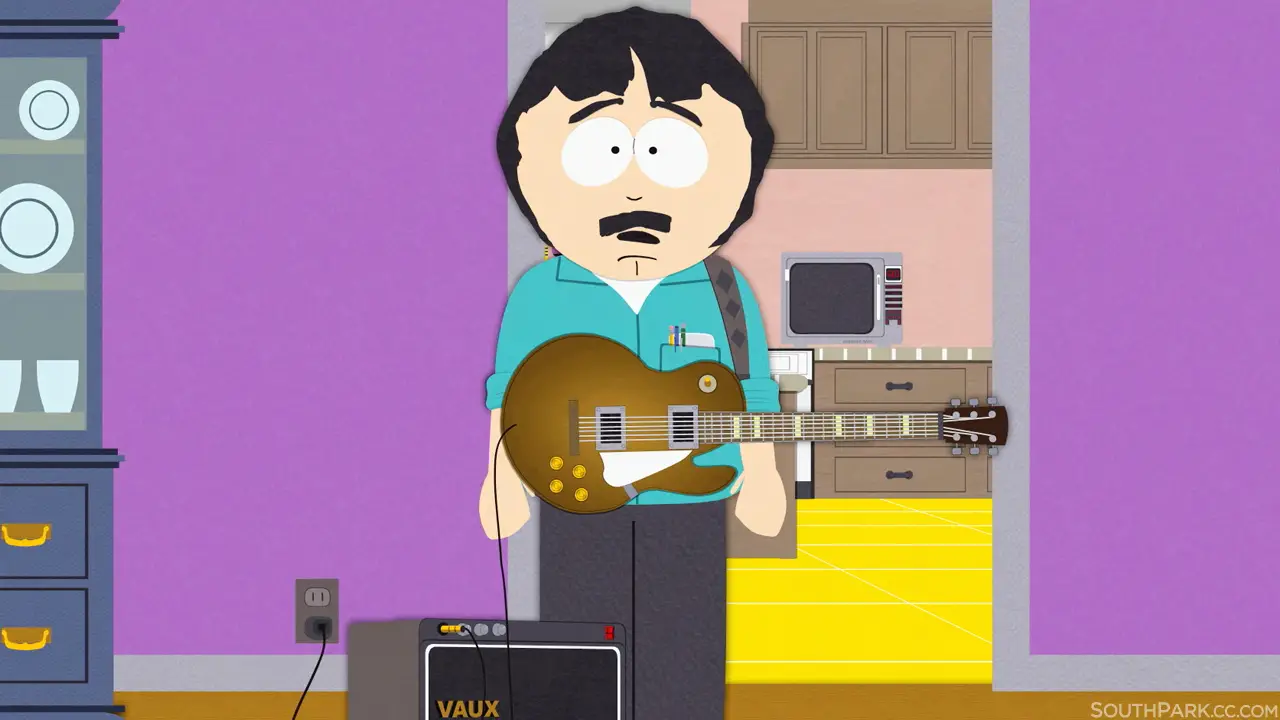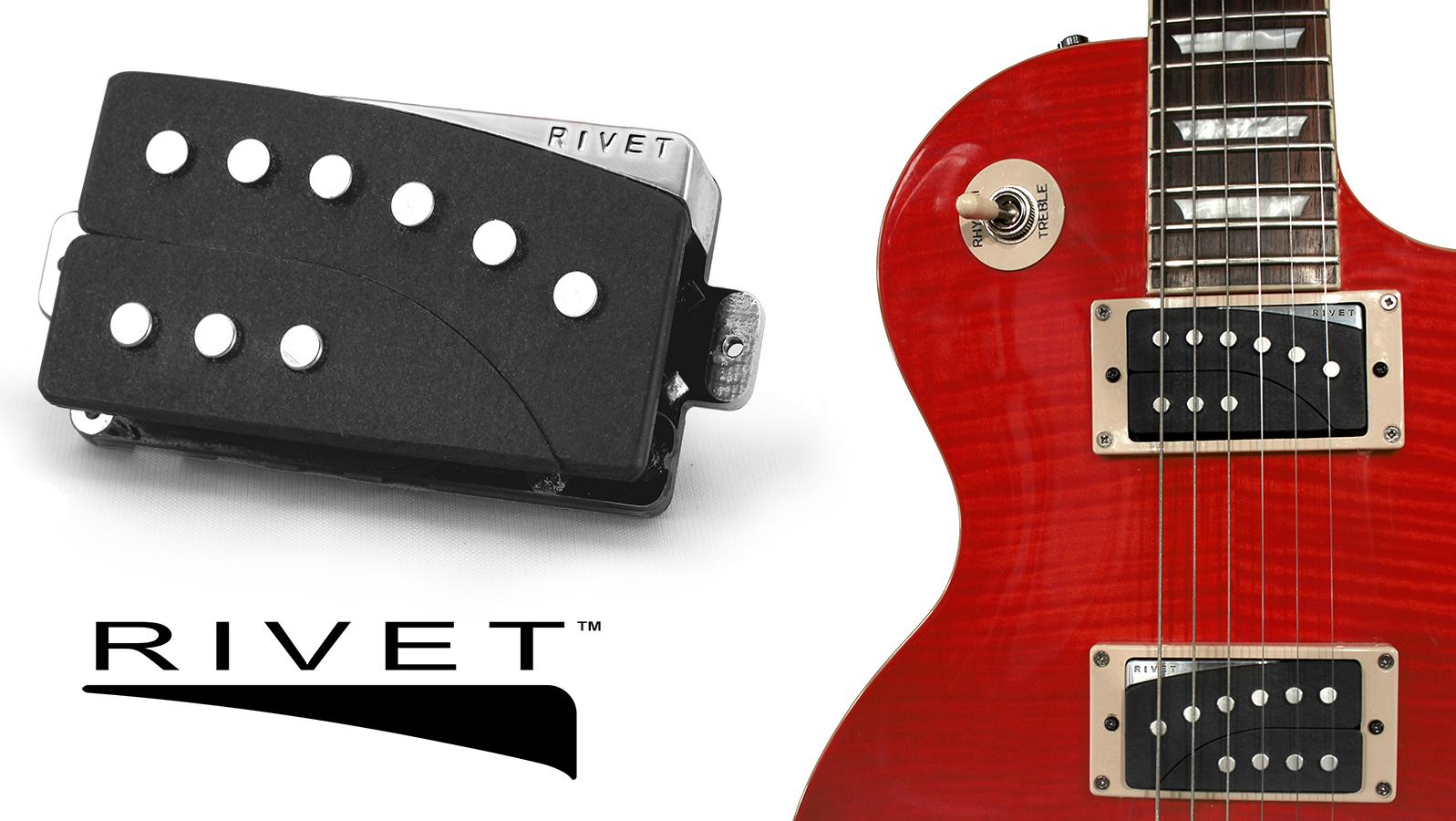
This Could Be the Most Informative Thing You’ll Read Today: What Makes an Electric Guitar Sound Like an Electric Guitar?
I wish I had access to this sort of deep information when I was writing all the material for the Science of Rock’n’Roll exhibition. This is great stuff for anyone who’s ever wondered why electric guitars can sound the way they do. From The Atlantic:
There’s an old joke in the technology industry: If a product has a problem, simply sell it as a feature. The electric-guitar-effects industry is no different. Music has often thrived on transforming faults into influential sound effects. Before professional studio production enabled granular tweaks in sound, standalone guitar effects emerged from deliberately converting hardware faults—often caused by the limitations of amplifiers—into positive features. By the end of the 1970s, it had become impossible to imagine how R&B, blues, and rock could have existed without these fortuitous mistakes.
In fact, the history of guitar-signal modification is one of happy accidents. Any “unmistakable” guitar sound isn’t just the product of a gifted musician, nor is it just the result of cultural context; it’s contingent on the combined work of transistors, speakers, magnets, signals, wires, and diodes.



